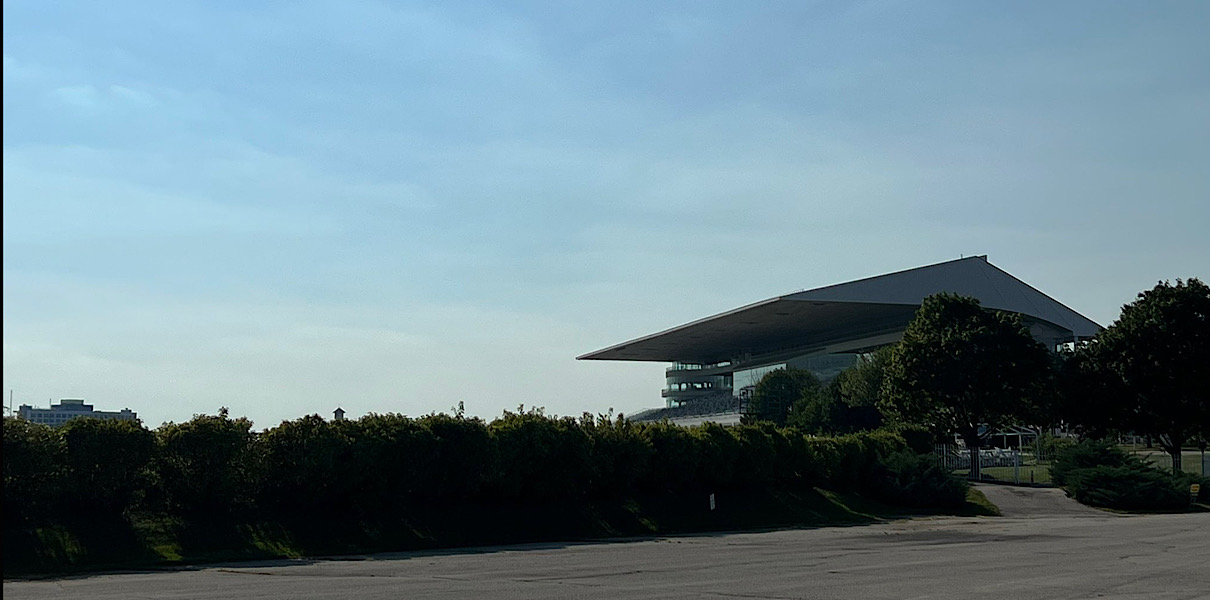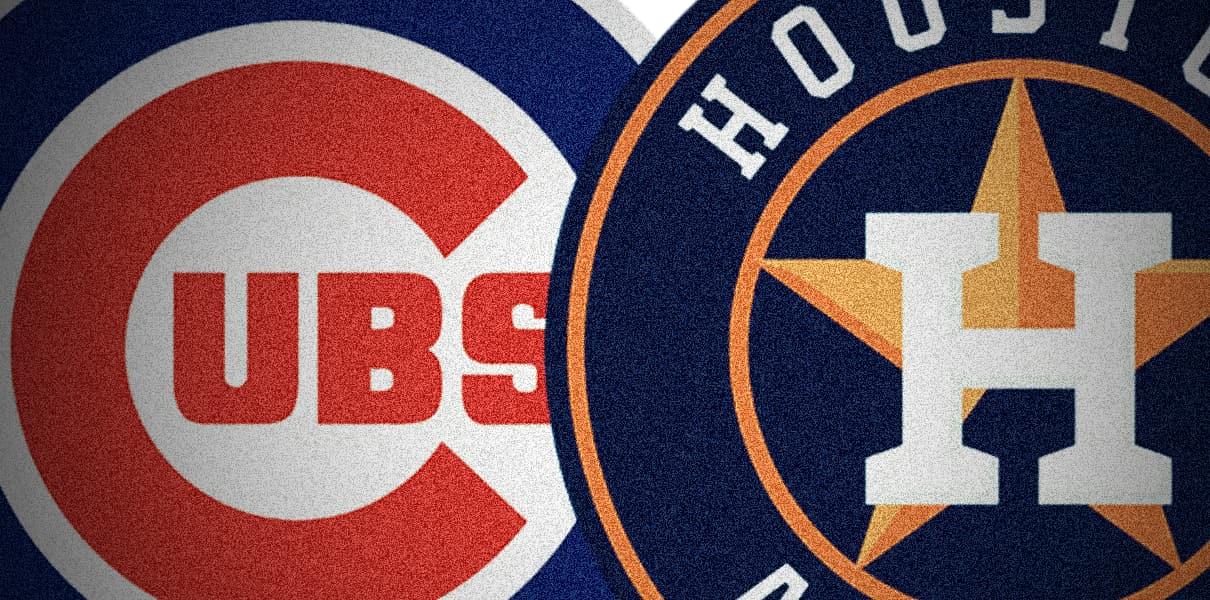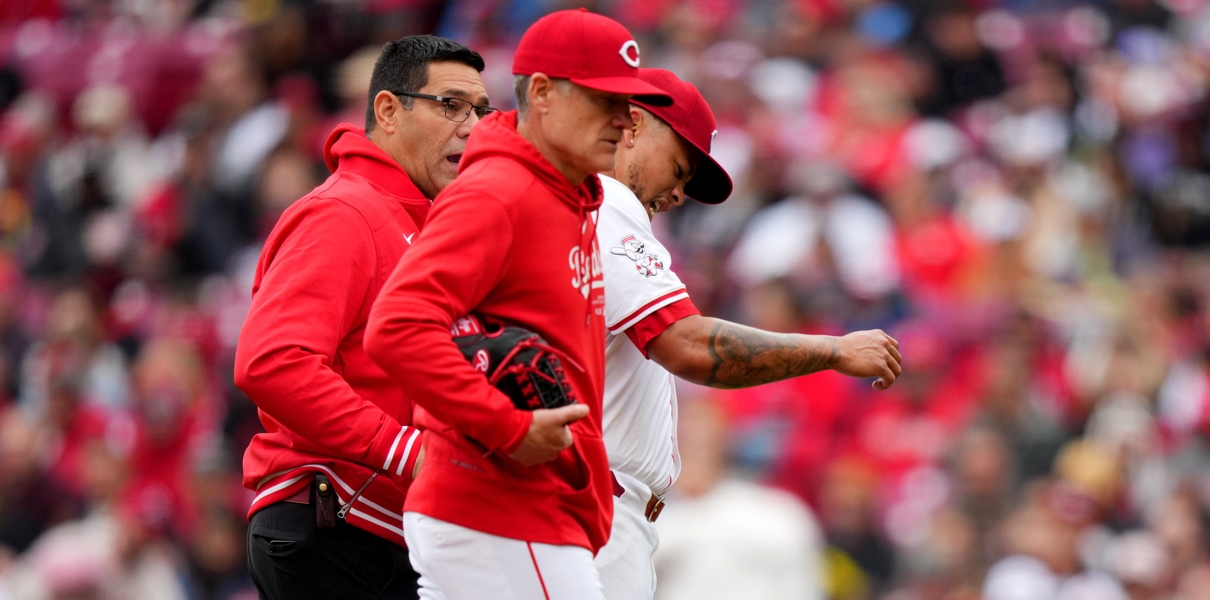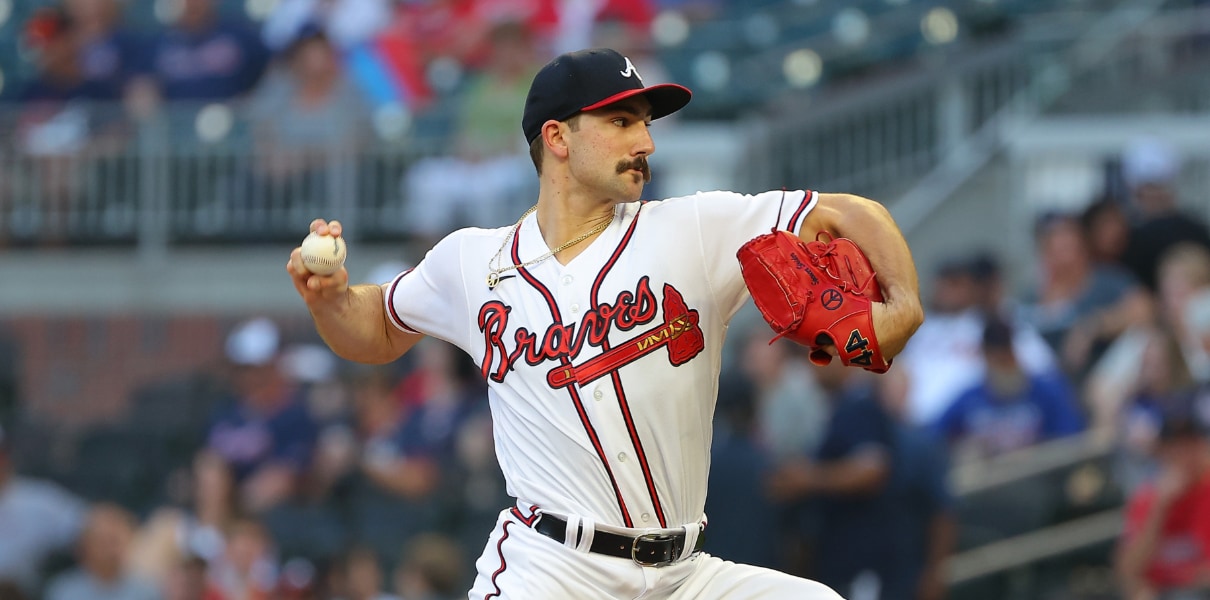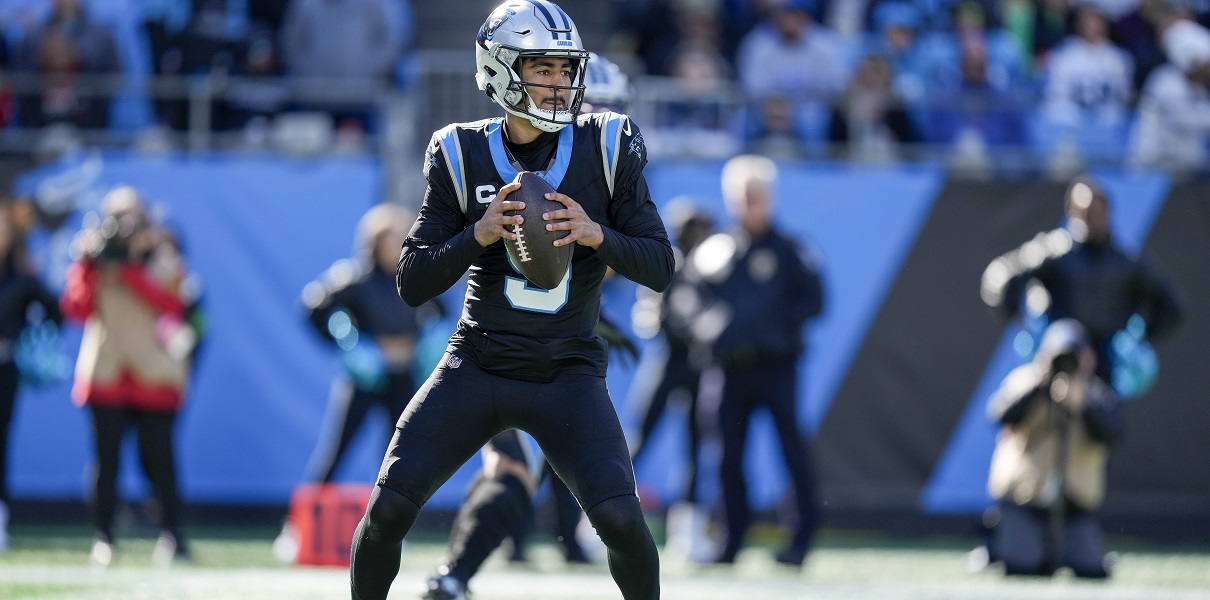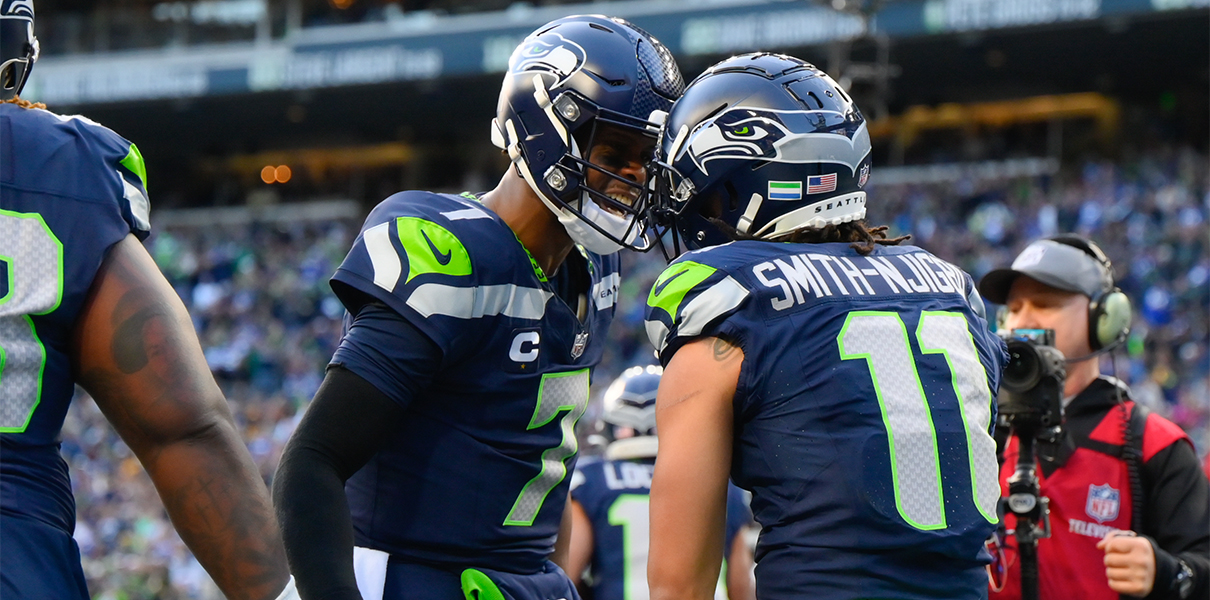We have had months to think about Javy Báez playing his next long stretch of seasons with the Tigers. Anthony Rizzo is returning to the Yankees, where we’ve already seen him play. So it’s kinda like Kris Bryant signing with the Rockies this week is the newest, whoa, that’s gonna be weird to see thing. Bryant, in purple, hitting towering homers at Coors Field for years to come. Weird, but hey, good for him. I wish him nothing but success, except when he plays the Cubs, obviously.
While I didn’t have a great sense for how big or small Kris Bryant’s eventual contract would be, whatever you’d asked me to guess would not have been particularly close to the massive deal he wound up getting from the Rockies: seven years, $182 million. Pair that with his arbitration earnings, and it looks like Bryant got a good bit more than he would have gotten if he’d taken the extension offer made by the Cubs several years ago (the particulars of which have never quite been clear). Good for him. Surprising for me.
I wondered if I was just way off in my evaluation of how cautious suitors would be, given the recent injuries and Bryant turning 30, or if the Rockies simply went way above and beyond to get the deal done. I asked around with some folks in “the industry,” and the consensus seems to be something: wow that was a shockingly large deal. ESPECIALLY from the Rockies.
The Kris Bryant contract is likely to be the one remembered for years to come as the most surprising of this Offseason Part Two, which is not to say it’ll definitely be a bad deal when all is said and done, it’s just that it is completely shocking.
You see that reaction playing out in the media, too. Buster Olney summed it up with a crank-it-up-to-11 reference:
On a scale of 1 to 10, the industry shock over the Rockies’ deal with Kris Bryant has been turned up to 11.
— Buster Olney (@Buster_ESPN) March 16, 2022
Patrick Mooney referenced the confusion around the baseball industry about the scope of the contract (while noting, correctly, that the deal made perfect sense from Bryant’s perspective). In a roundtable about the deal, other writers at The Athletic used words and phrases like “weird,” “perplexing,” “the math isn’t good on this deal,” “the Rockies weren’t cautious enough,” and so forth.
In FanGraphs’ analysis of the deal, which it describes as “tough to comprehend,” the projection-related commentary approaches scathing:
(These poor projections are) for Bryant as a left fielder, since the Rockies have reason to be happy with Ryan McMahon’s stellar defense at third base last year. Projecting Bryant at third doesn’t change much, with an extra 0.2 WAR in three of the first four seasons but some of that coming off the back end. The valuations for the two projections: $67 million for the left field version and $70 million for the third base one, both more than $100 million shy of the investment the Rockies just made. Sweet fancy Moses.
I asked Dan if he could recall similar instances of projected valuations that far below the actual deals, and he cited the $200-million-plus pacts of Albert Pujols, Miguel Cabrera, and Alex Rodriguez (post-opt-out), particularly recalling Pujols’ valuation coming in at $131 million for his 10-year, $240 million deal. On Ryan Howard’s five-year, $125 million extension, ZiPS was “only” $75 million under. What those contracts all had in common was that they hailed from an era before analytics had permeated front offices. The only recent contract Dan could recall that overshot ZiPS by such a wide margin was that of Eric Hosmer; with Dan valuing Hosmer’s opt-out at $17 million, his estimate came in at $81 million for what he treated as a $161 million deal (instead of $144 million). None of those contracts, even the contemporary one, aged well. In that light, if Bryant’s deal is that far above projections, yikes.
Ken Rosenthal focused on the particularly bizarre disconnect between the Rockies’ recent behavior and this deal:
(S)ome in the sport expressed amusement — or was it exasperation?— that Rockies owner Dick Monfort, the chairman of baseball’s labor policy committee, awarded the most baffling free-agent contract of the winter, seven years and $182 million for Kris Bryant.
Part of Monfort’s mission on the owners’ negotiating committee was to hold down salaries. With the Bryant deal, he’s again giving the sport whiplash. Just 13 months ago, he traded Nolan Arenado to the Cardinals and included $51 million to cover his remaining guarantee.
Yes, Arenado wanted out, but let’s not forget why he was so eager to leave: Monfort fails to run his team with a coherent vision, as evidenced by his team’s nine losing seasons in the past 11 years.
Bryant earned the right to become a free agent and sign with the team of his choice. But did he not talk to Arenado or any of the other former Rockies who grew disillusioned in Colorado? Tremendous as Bryant’s contract is, how long before he becomes disillusioned, too?
— Ken Rosenthal (@Ken_Rosenthal) March 16, 2022
ESPN called the deal “shocking,” evaluated it as far above expectations, and graded the move a C- from the Rockies’ perspective. (Again, another data point, though, that Kris Bryant did really well for himself!)
Razzball did some razzing:
A no-trade, seven-year deal to a 30-year-old Kris Bryant is honestly one of the funniest things I've heard in a while. Thank you, Rockies.
— Razzball (@Razzball) March 16, 2022
Anyway, the summation here is that the deal makes sense to almost no one outside of the Rockies’ depleted front office. To that end, you feel good that Bryant got his huge payday even after whatever happened with the Cubs. I don’t quite understand the deal – and it’ll be weird to see Bryant playing for the Rockies for the next seven years – but I’ll be content to root for Bryant to make the Rockies look like geniuses.
https://twitter.com/Rockies/status/1504862338746253316




